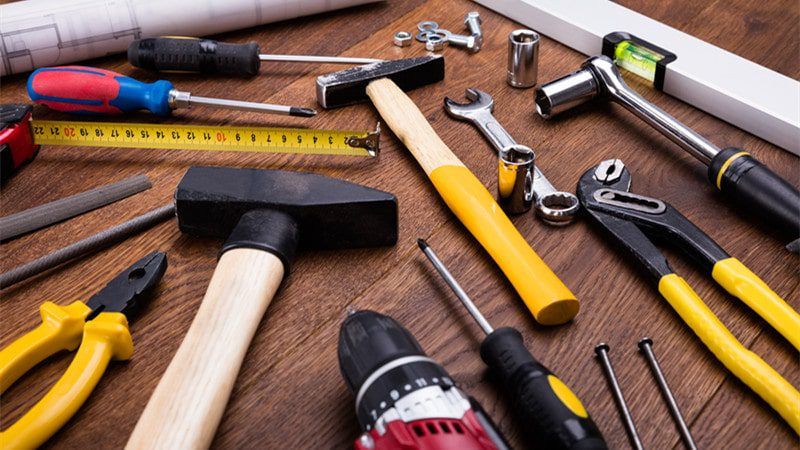
A Bad Workman Blames His Tools Expansion of Idea
Among the many proverbs, “A bad workman blames his tools” is a wise guide that imparts a deep lesson in an easy-to-understand manner. It appears to chastise people who assign blame for their actions on others by criticising their instruments or resources. But sifting through its many levels exposes a wealth of information that is relevant well below the surface.
To know more about More Expansion Of Ideas:
A Bad Workman Blames His Tools Expansion of Idea
This proverb primarily highlights the importance of talent and competence above external conditions, as well as personal accountability. It emphasises the notion that skill, flexibility, and inventiveness are more important factors in determining success in any endeavour than the calibre or appropriateness of the instruments available. Think of a maker who uses excellent tools, but he nevertheless creates mediocre work.
It is easier to use the tools as a scapegoat when mistakes in ability or technique are not acknowledged. This propensity to assign blame undermines the chance for development and progress. Any craft may be mastered with practice, commitment to improvement, and dedication.
The adage also acts as a helpful reminder of the influence of attitude. An expert craftsman views tools as extensions of their own skills, utilising them to produce works of art. However, a less skilled person would see those same tools as obstacles to overcome, which would prevent them from moving forward.
Moreover, the proverb invites introspection and encourages individuals to take ownership of their actions and outcomes. It promotes a proactive approach to problem-solving, fostering an attitude that seeks solutions and improvement rather than dwelling on excuses.
In conclusion, “A bad workman blames his tools” transcends its surface interpretation, embodying a profound philosophy advocating self-accountability, resilience, adaptability, and a growth mindset. It serves as a timeless reminder that true mastery stems from within, where dedication, skill, and a willingness to learn overshadow any perceived limitations of external factors.